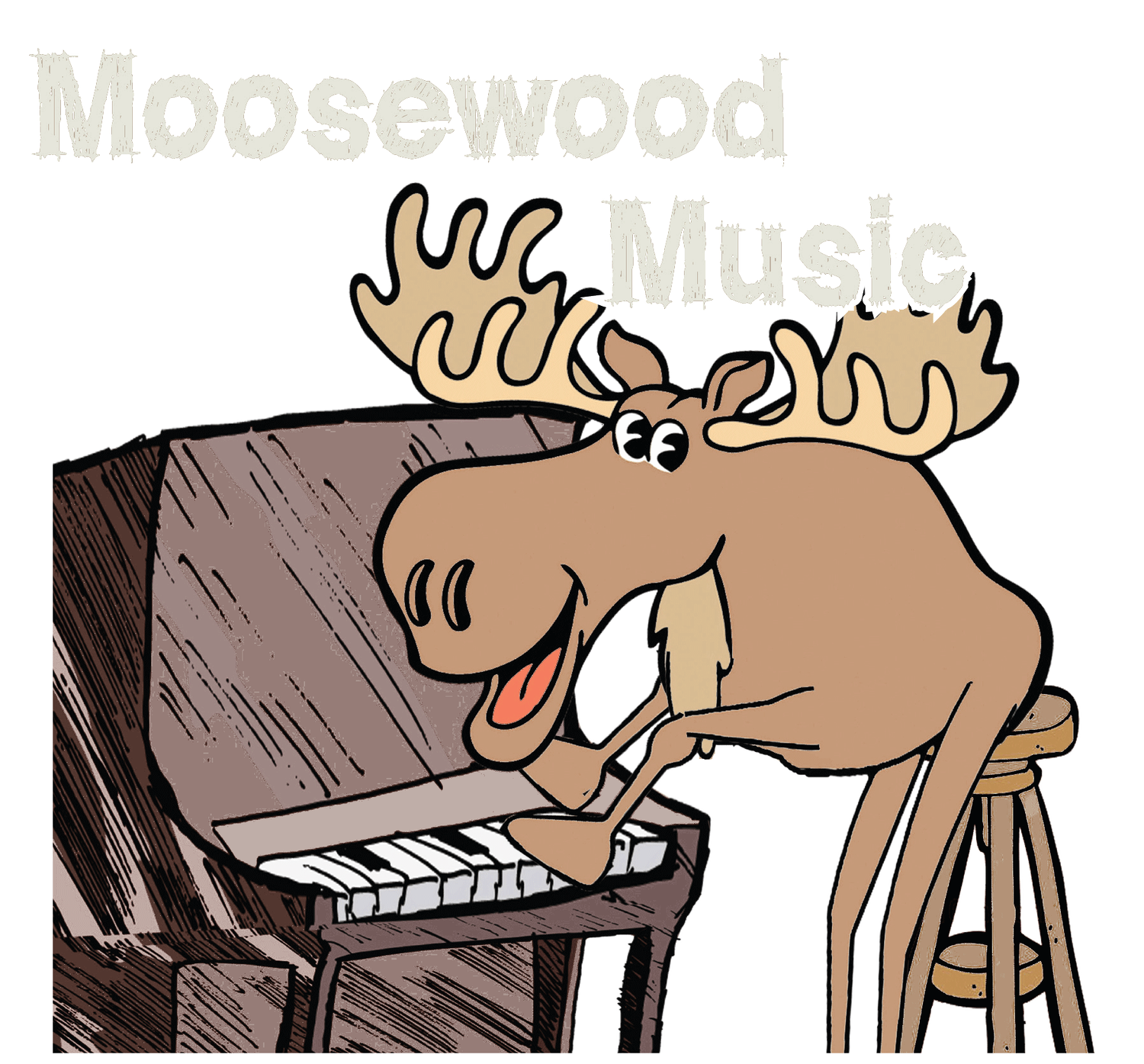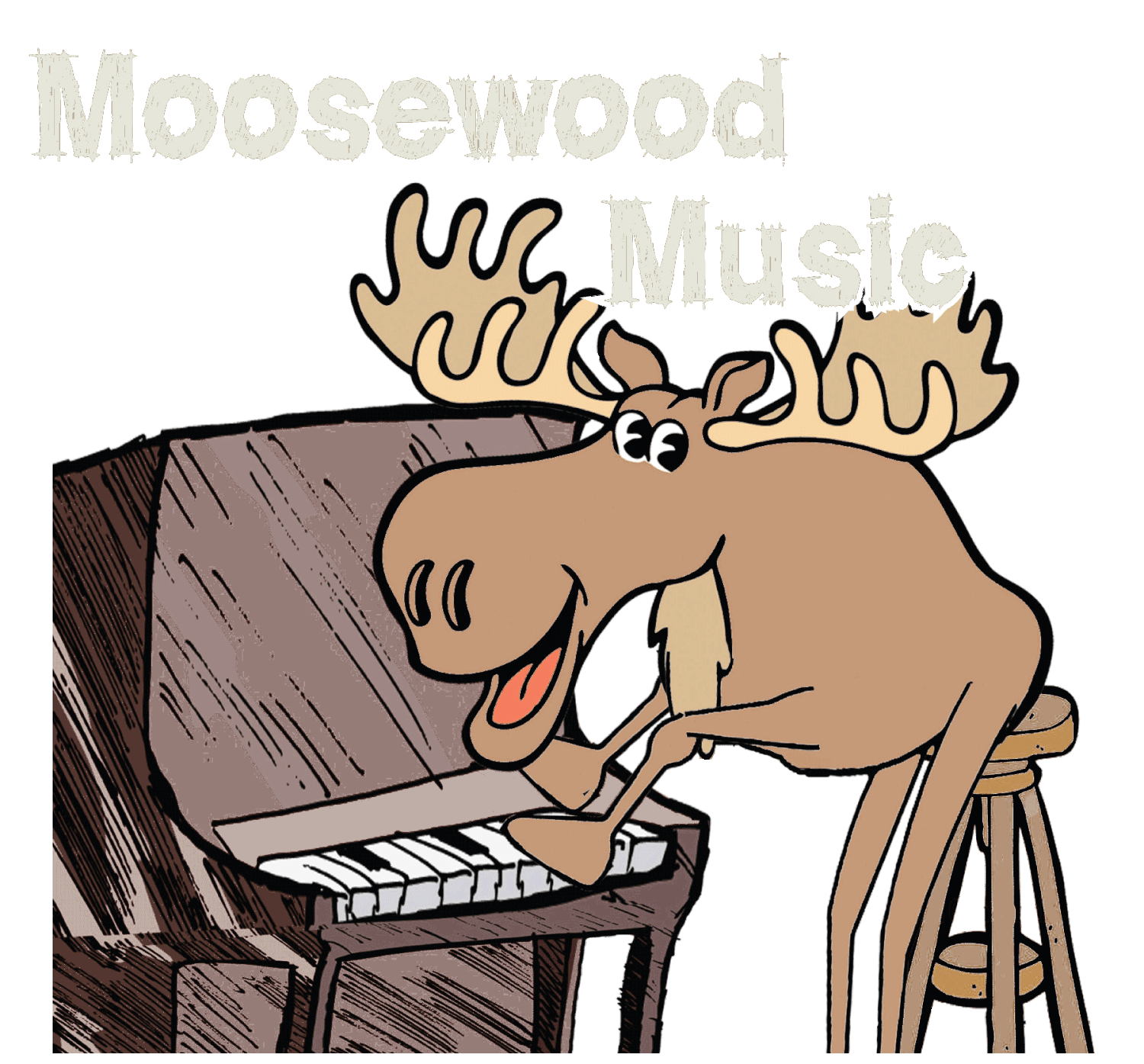
The Semper Method
THE METHOD
Listen, Sing, Clap, Play, Read and Write.
With these tools you can look deeper into the elements that make up music. Folk, jazz, blues, pop, country, rock or classical; all Western music is derived from the same principles. Scales, chords and intervals are the foundation. It is simple: learn all the fundamentals so you will be at the top of your game, but always have fun doing it.
We study intervals from a wonderful ear training book by Joe Messina, Motown Funk Brother and Grammy award-winning guitarist. For notation, we will use The Semper Note Speller. For scales, we have the famous Brown Scale Book. (We apply them as we improvise along with a huge selection of enjoyable pieces in the app iRealPRO)
Making music should not be a boring job. Rather, it should be something you can't wait to do. A way to get in touch with the rest of the universe. You will also learn to read and write, but it won't get in the way of your music.
Pretty much everyone can play by ear. So we help you to find your own voice, reach your musical goals and to create and perform music as a real and beautiful part of your life. Half the battle is having confidence.
We empower you and make it fun.
WHY STUDY THIS METHOD?
Children don't learn to read before they can talk. So why should anyone have to try to read before they can play?
That is how music has been taught for many years, and why a huge percentage of students just quit or have a miserable time with piano lessons. Music should be fun. Period.
My only real job is to make sure you have fun and want to learn more. Then you will do the rest. you will astonish yourself and everyone around you!
In a traditional music education, reading the works of others is the focus, with no encouragement to improvise or to play by ear.
There are prestigious, private college prep schools that charge a fortune per hour for traditional private music lessons. Yet, if you take away the music, most cannot play a note.
My Method is every bit the equal of those schools for folks who are drawn to express themselves playing by ear. However, you will still learn all the core skills needed to be a well-rounded musician.
Music study helps people young and old to overcome shyness and build confidence. It empowers them as they refine their special talents.
We will always have a lot of fun, but there is a lot to do, so we need to be efficient. My teaching method is a combination of the best methods I have found. It is backed up with the same solid principles that I received when I was a student myself. If you choose to continue and pursue a classical education at a high level, you will be well-prepared.
SESSION LENGTH
You are welcome to start with 30 minute sessions to see if we are a good fit. 30 min lessons are offered for very young children or those with very short attention spans. For any adult student, wishing to make steady progress, lessons need to be 45 to 60 minutes weekly in order to cover the material.
Though you'll receive serious critiques from me, I always uplift and encourage. Positive energy is the ticket.
TECHNOLOGY
We use recording as a tool to help you hear how you sound and we always encourage you to express yourself with improvisation. We always have tracks to play with. So it sounds like your own band. We also use apps for your phone that really help: A guitar tuner to nail down vocal pitch, as well as a play-along app full of songs that is with you wherever you go. If you have just 5 minutes anywhere you can get in some good practice time. So we truly have the best of all worlds: playing from sheet music and learning to play by ear. If you stick with it and do the work, the end result will be that you can always just sit down and play, whether or not you have any music in front of you!
On your first lesson you will play or sing a blues tune and you will not believe how great you sound!
THE BIG PICTURE
Although a percentage of students may become a concert pianist, there are a multitude of other ways to become involved with music. Whether you are looking at music as a profession or as a hobby, we let parents know of the many choices available so that they can make good decisions, for themselves and for their children.
Remember: A piano should be an irresistible invitation, not an obstacle. We never practice! But we do play a lot. Which feels better? I get to play or I’ve got to practice.
YOUR GEAR
If you are taking any kind of music lesson, we recommend a tuned piano or digital keyboard, preferably with at least 76 full-sized keys. We can help you find the right piano or keyboard.
We use a laptop for Zoom and a second device to record yourself as well as play tracks at our sessions.
If you like, I can suggest several different models of keyboard that I have researched and of which I approve. They range from an inexpensive but effective starter keyboard for ear training and just plain fun to an 88 note weighted keyboard for more expressive practice.
Several excellent teachers I know from the traditional/classical side, who have been teaching music for many years, were frustrated by not being able to play without a sheet of music. They have found satisfying and positive results from this approach.
“Wouldn't it be great to be gifted? In fact... It turns out that choices lead to habits. Habits become talents. Talents are labeled gifts. You're not born this way, you get this way.”
~ Seth Godin




